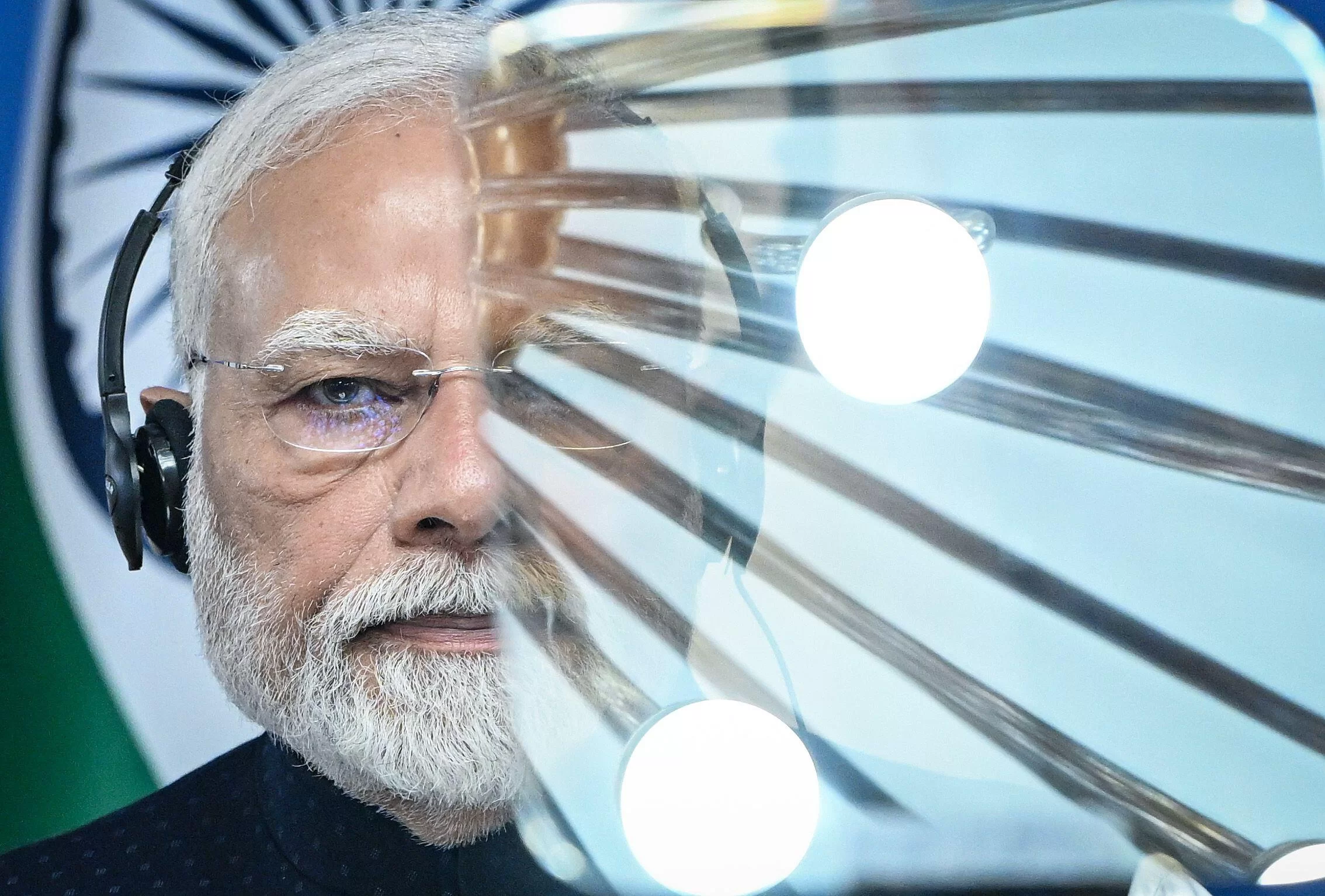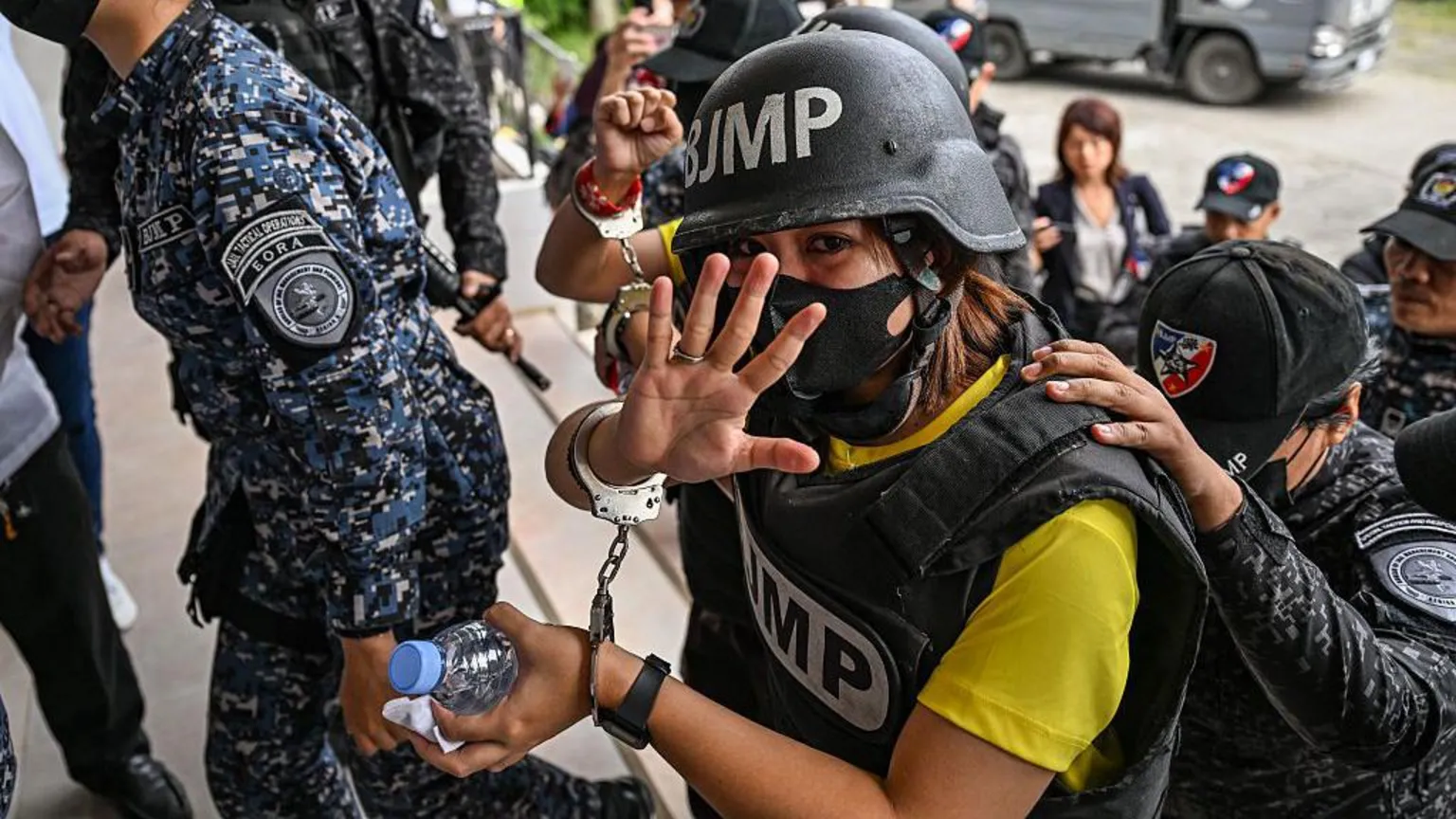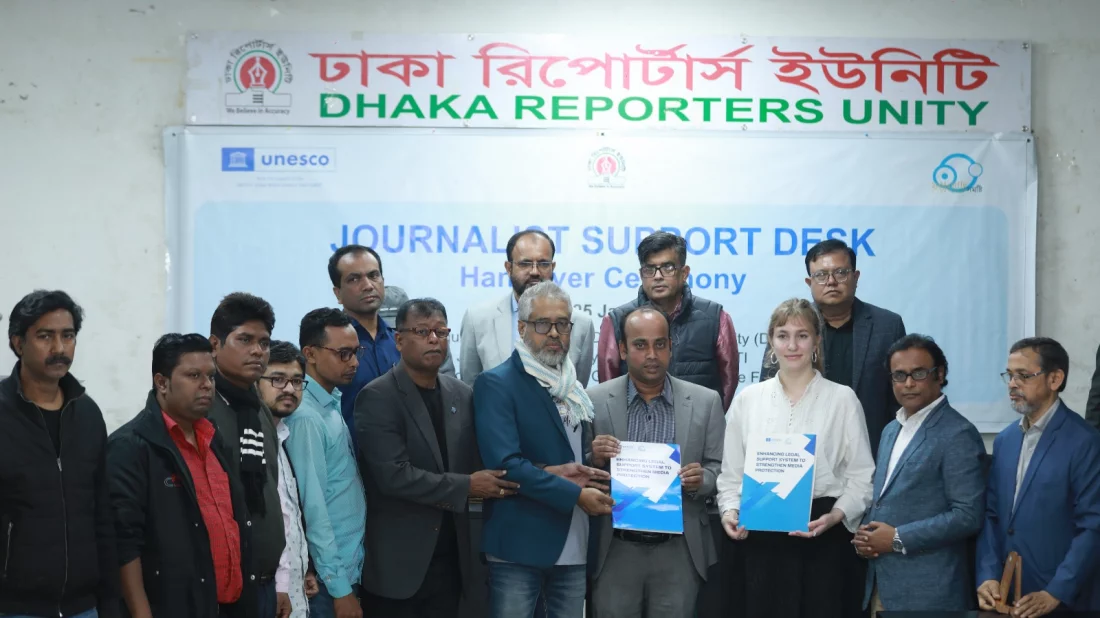
New York Times Journalists Journey Through Post-Assad Syria to Document Aftermath of War
July 23, 2025
Rights Groups Demand Release of Egyptian Cartoonist Ashraf Omar After One Year in Detention
July 23, 2025July 23, 2025 – India –
Index on Censorship reports a disturbing wave of internet censorship across India as news stories critical of the government are being deliberately scrubbed from public access. Journalists and editors reveal that investigative articles detailing human rights abuses, military misconduct, and surveillance, especially those published before 2019-now return “404 error” pages. One journalist from Kashmir, Afraaz Hussain (a pseudonym), said the entire archives vanished, erasing long-form work that once exposed government actions in Jammu and Kashmir.
Veteran journalist Ruben Banerjee described this trend as “404 journalism.” Notable victims include the now-deleted “Hate Tracker” from Hindustan Times, which monitored hate crimes, and various investigative pieces removed without any editorial explanation. Often, takedowns precede formal legal orders, driven by self-censorship from media outlets fearful of government backlash.
Critics warn that this digital purge has profound repercussions. It erases the “rough draft of history,” making it nearly impossible for citizens, researchers, and future generations to access critical information. Maariyah Siddique, a research scholar, explained how this tactic serves as psychological intimidation, signalling to journalists that questioning authorities carries long-term risks.
The issue reflects India’s deteriorating digital environment. Freedom on the Net reports that India remains only “partly free,” with growing legal frameworks empowering shutdowns and content takedowns. In 2025 alone, five major internet restrictions were imposed, including extensive blocks in Jammu & Kashmir. Additionally, India ordered X (formerly Twitter) to block over 2,000 accounts under Section 69A of the IT Act, including Reuters’ official handles, highlighting increasing social media censorship.
Legal experts and digital rights activists, including those at the Internet Freedom Foundation, fear these actions constitute an “opaque censorship” regime that systematically removes dissenting voices, eroding accountability and undermining democratic norms.
Index on Censorship’s exposure of this “digital vanishing act” calls for robust protection of journalists, transparent content-removal processes, and legal safeguards ensuring that public-interest journalism remains accessible in India.
References –
https://www.indexoncensorship.org/2025/07/news-india-being-erased-from-internet/




